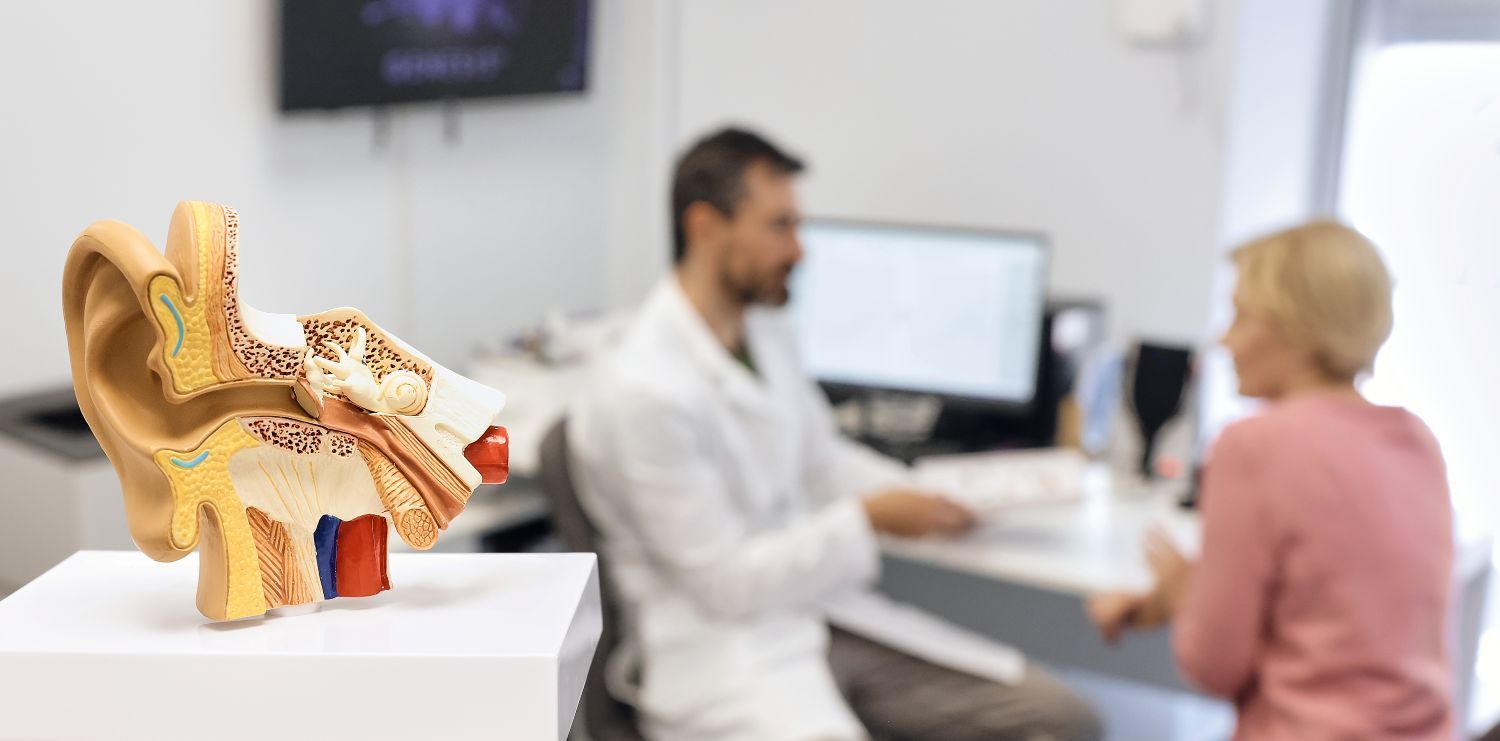What Is Sleep Apnea?
Sleep apnea is a sleep disorder that involves sleep-related breathing problems. These breathing difficulties, known as apneas, can last several seconds and occur multiple times at night.
Keep reading to learn about the causes and symptoms of sleep apnea, as well as the diagnosis and treatment options.
Understanding Sleep Apnea
There are three main types of sleep apnea:
- Obstructive Sleep Apnea (OSA): This is the most common type, occurring when the muscles in the throat relax excessively during sleep, causing the airway to become blocked.
- Central Sleep Apnea (CSA): This occurs when the brain fails to send signals to the muscles responsible for controlling breathing.
- Complex Sleep Apnea Syndrome: This combines obstructive and central sleep apnea and is known as treatment-emergent central sleep apnea.
Causes of Sleep Apnea
Several factors contribute to the development of sleep apnea, including the following:
Obesity
- Excess weight can lead to the accumulation of fatty tissues around the airway, increasing the risk of obstruction.
Anatomical Factors
- Individuals with a narrow airway, enlarged tonsils, or a recessed chin are prone to experiencing sleep apnea.
Age and Gender
- Sleep apnea is more common in older adults and men, although it can affect people of any age or gender.
Family History
- Genetics may play a role in developing sleep apnea.
Medical Conditions
- Conditions such as hypertension, diabetes, and congestive heart failure can increase the risk of sleep apnea.
Symptoms of Sleep Apnea
Common symptoms of sleep apnea include:
● Loud Snoring: This is often one of the first signs that partners or family members notice.
● Pauses in Breathing: Witnessed episodes of breathing cessation during sleep.
● Excessive Daytime Sleepiness: Feeling tired or drowsy during the day, even after a full night's sleep.
● Morning Headaches: Waking up with a headache may indicate oxygen deprivation during sleep.
● Difficulty Concentrating: Impaired cognitive function and difficulty focusing on tasks.
If sleep apnea is suspected, a healthcare provider may recommend a sleep study (polysomnography) to monitor various parameters during sleep, including breathing patterns, heart rate, and oxygen levels.
Effective Treatments for Sleep Apnea
Treatment for sleep apnea depends on the severity of the condition and its underlying causes. Common treatment options include:
Continuous Positive Airway Pressure (CPAP) Therapy
- CPAP therapy involves wearing a mask connected to a machine that delivers a continuous air flow to keep the airway open during sleep.
Oral Appliances
- Dental devices that help keep the airway open by repositioning the jaw or tongue, making them suitable for mild to moderate OSA.
Lifestyle Changes
- Losing weight, avoiding alcohol and sedatives before bedtime, and sleeping on your side rather than your back can help reduce symptoms.
Surgery
- In cases where other treatments have failed, or anatomical abnormalities contribute to sleep apnea, surgical intervention can widen the airway or remove excess tissue.
Positional Therapy
- Some individuals experience fewer symptoms when sleeping in certain positions. Positional therapy involves using devices or techniques to encourage sleeping in a non-supine position.
The ENT Medical and Surgical Group team uses cutting-edge techniques to treat patients in New Haven, North Haven, Westbrook, and Branford, Connecticut. Schedule a consultation and take the first step towards better sleep and improved health.













